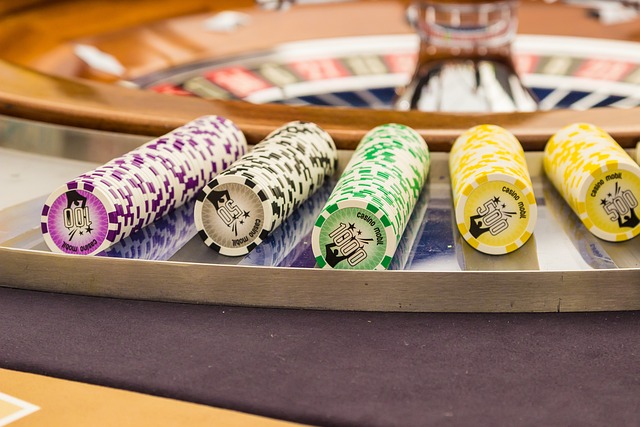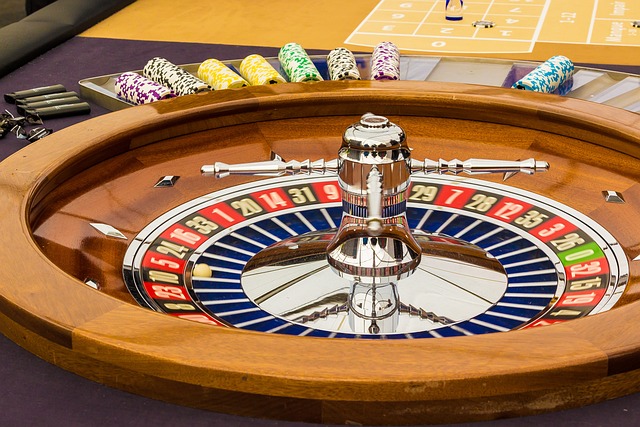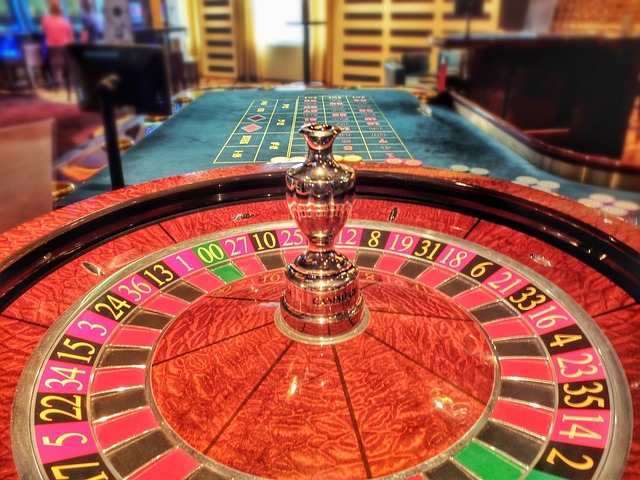The casino industry has changed a lot in the last decades. Platforms have become a global market that encompasses different tastes and preferences. A big challenge for developers is to adapt their games to different cultures without losing the essence. Although technology allows games to be available worldwide, cultural factors influence how players enjoy them. This article explores how developers meet this challenge. They adjust themes, symbols and sounds to connect with players from different backgrounds.
Culture and gaming preferences
Games like slots, poker or roulette have a similar basic structure everywhere. However, the details that make them attractive vary by culture. Culture shapes values, beliefs and forms of entertainment. In Asian countries, for example, lucky symbols such as the dragon or the number 8 are common. These are linked to good fortune and destiny. On the other hand, players in Western markets may prefer historical or mythological themes, such as ancient Rome or Norse mythology.
Also, gameplay patterns change from culture to culture. Some players prefer visually rich experiences, while others value simplicity. Personalizing games is key to capturing the attention of a diverse audience.
Adapting themes and symbols

Developers must be sensitive to the cultural context when choosing game themes. For example, in China, dragons or the “Ba Gua” attract players. In Europe, references to gods or mythological heroes may be more effective. Also, one must be careful with religious, political or historical elements so as not to offend local audiences.
Market research is essential to know which symbols and themes will be well received. Developers work with cultural experts or conduct studies before launching new games. The goal is to maintain the essence of the original game and make it appealing to a new audience.
Sounds and music in games
Music and sound effects influence the mood of players. In some markets, traditional or folk sounds connect better with players. In others, they prefer contemporary or electronic music. In Asia, traditional Chinese or Japanese music is popular. In Latin America, Latin and Caribbean rhythms are more widely accepted. Developers must be careful with sounds, as what is “victorious” in one culture may not be in another.
Challenges and opportunities in globalization

One of the biggest challenges is maintaining the essence of the game while adapting it to different cultures. Sometimes, in trying to please everyone, the game loses its identity. That’s why many developers create regionalized versions. They change the aesthetic and auditory elements, but the core mechanics remain the same.
An emerging trend is inclusive design. Instead of making multiple versions, some developers incorporate elements from several cultures into a single game. This creates a richer, more global experience, reflecting the interconnectedness of the modern world.
Viva la Diversidad!
Cultural diversity in casino game design is a complex challenge. Developers who manage to adapt without losing the essence of the game have a better chance of success. As the industry evolves, we will see more innovations in the way games adjust to diverse cultural audiences, creating experiences that are both local and global.



